Albania, Croatia ask NATO to revise Kosovo peacekeeping plan
Serbia's president has accused the authorities in Pristina of wanting to start a war
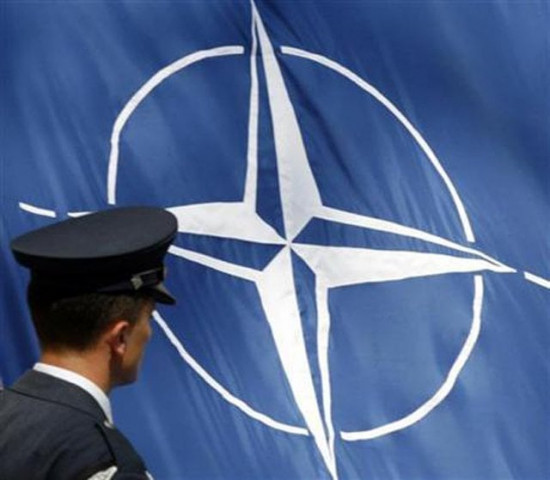
The NATO flag is raised in Zagreb on April 7, 2009. PHOTO: REUTERS
Relations between Serbia and its former province Kosovo came under renewed strain since Belgrade sent a train painted with the slogan "Kosovo is Serbia" to the border and Kosovo police said it would stop it from entering its territory.
Serbia's president has accused the authorities in Pristina of wanting to start a war, while his Kosovo counterpart has said Serbia could use the model of Russia in Crimea to annex the northern part of Kosovo.
NATO sees sharp rise in state-backed cyber attacks: Stoltenberg
Mimi Kodheli and Damir Krsticevic, defence ministers of alliance members Albania and Croatia, wrote to NATO Secretary-General Jens Stoltenberg condemning the "nationalistic rhetoric from Serb politicians and concrete actions on the border".
The ministers wrote those actions aimed at "encroaching the sovereignty of the Republic of Kosovo and destabilising the security situation in the Western Balkans", according to a statement from Kodheli's office.
"Both ministers asked that the Operational Plan of the peace-keeping mission in Kosovo be revised following the latest developments there," the Albanian statement added.
The statement did not say what any revision should lead to.
The integration of the western Balkan countries into the EU and NATO is seen by the two institutions as a way to guarantee peace in a region still scarred by the wars that followed the collapse of Yugoslavia in the early 1990s.
The ministers told Stoltenberg that Albania and Croatia backed the transformation of the Kosovo Security Force, which is lightly armed and engages in crisis response, civil protection and ordnance disposal, into the a fully fledged army.
Top NATO aide wants Kashmir dispute resolved
But to create the army, Kosovo needs support of the Serb minority in the parliament, whose representatives oppose the move.
Serbia lost control over Kosovo in 1999, when NATO bombed it to halt Serb ethnic cleansing in a counter-insurgency war. NATO still has around 4,500 troops stationed in Kosovo to keep the fragile peace.
Backed by the U.S. and major western European states, Kosovo declared independence from Serbia in 2008.
Ethnic Albanians make up more than 90 percent of Kosovo's 1.8 million population. Northern Kosovo is home to a Serb minority of around 40,000 to 50,000 people who do not consider Pristina their capital.

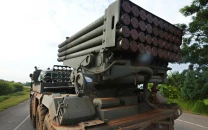
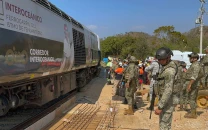

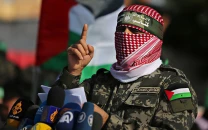
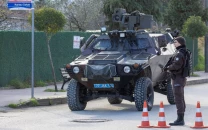





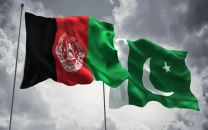
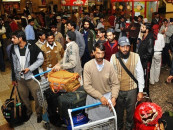






COMMENTS
Comments are moderated and generally will be posted if they are on-topic and not abusive.
For more information, please see our Comments FAQ